Revolutionizing Healthcare: The Impact of Artificial Intelligence on Diagnostics
The Future of Healthcare is Intelligent: How Artificial Intelligence is Revolutionizing Diagnostics The healthcare industry stands on the precipice of a profound transformation, largely driven by the rapid advancements in artificial intelligence. One of the most exciting applications of this technology is in artificial intelligence healthcare diagnostics. No longer a futuristic concept, AI is actively shaping how diseases are detected, diagnosed, and treated, promising faster, more accurate, and more personalized care for patients worldwide. This post dives deep into the current landscape, explores the key applications, and examines the potential – and challenges – of AI in medicine, alongside glimpses into broader tech trends like crypto, automation, and alternative investments. Unlocking Precision: AI's Role in Early Disease Detection Early detection is paramount in successful medical interventions. And here, AI in medicine is proving to be a game-changer. Traditional diagnostic methods can be slow, subjective, and prone to human error. AI algorithms, however, can analyze vast datasets – medical images, patient histories, genetic information – with incredible speed and precision, identifying subtle patterns that might be missed by the human eye. Here are some key applications: Medical Imaging Analysis: AI excels at analyzing X-rays, CT scans, MRIs, and other medical images to detect anomalies indicative of diseases like cancer, heart disease, and neurological disorders. Companies like PathAI are pioneering applications of AI in pathology for artificial intelligence healthcare diagnostics. Predictive Analytics: By analyzing patient data, AI models can predict the likelihood of developing certain conditions, allowing for proactive interventions and preventative care. This predictive capability has enormous potential for managing chronic diseases and improving population health. Genomic Diagnostics: AI is accelerating genomic analysis, helping to identify genetic predispositions to diseases and personalize treatment plans based on an individual's genetic makeup. This opens doors for precision medicine and targeted therapies. Beyond Diagnosis: AI-Powered Automation & Personalized Treatment The impact of AI extends far beyond initial diagnosis. Automation and personalized treatment strategies are rapidly becoming mainstream. Workflow Optimization: AI can automate repetitive tasks, freeing up clinicians to focus on patient care. This includes administrative tasks like scheduling appointments, processing insurance claims, and generating reports. AI-powered virtual assistants are also improving patient communication and engagement.Personalized Treatment Plans: AI is enabling the creation of highly personalized treatment plans tailored to each patient’s unique characteristics. This involves analyzing a patient’s medical history, genetic information, lifestyle factors, and response to previous treatments to identify the most effective interventions.Drug Discovery & Development: AI is significantly accelerating the drug discovery process by identifying potential drug candidates, predicting their efficacy, and optimizing clinical trial design. This could lead to faster and more affordable development of life-saving medications. Navigating the Financial Landscape: Crypto, AI, and Alternative Investments The transformative potential of AI isn't confined to healthcare. It's also reshaping the financial world, creating new investment opportunities and challenges. Investment Strategy Description Risk Level Potential Return Cryptocurrency Decentralized digital currencies like Bitcoin and Ethereum. High Extremely High AI-Driven Stock Trading Algorithmic trading platforms using AI to identify profitable trading opportunities. High High Healthcare Technology Stocks Companies developing AI diagnostic tools and related healthcare technologies Medium Medium-High Real Estate Investment Trusts (REITs) Investment trusts that own or finance income-producing real estate across a range of property sectors. Low-Medium Medium Private Equity Investments in companies not listed on public exchanges. High High Cryptocurrency’s Influence: The rise of cryptocurrencies has spurred innovation in blockchain technology and decentralized finance (DeFi). AI is being used to analyze market trends, predict price movements, and manage risk in the crypto space.AI-Powered Stock Analysis: Sophisticated algorithms are being used to analyze vast amounts of financial data – news articles, social media sentiment, economic indicators – to identify undervalued stocks and generate trading signals. Platforms like Kensho and AlphaSense are at the forefront of this trend.The Rise of Alternative Investments: Beyond traditional stocks and bonds, investors are increasingly exploring alternative investments such as private equity, hedge funds, and venture capital. AI is playing a role in screening and evaluating these opportunities, helping investors to make more informed decisions. Challenges and Considerations While the potential of artificial intelligence healthcare diagnostics and broader AI applications is immense, there are significant challenges to address. These include: Data Privacy & Security: Protecting sensitive patient data is paramount. Robust security measures and adherence to privacy regulations like HIPAA are essential. Algorithmic Bias: AI algorithms can perpetuate existing biases in data, leading to unfair or inaccurate diagnoses. Careful attention must be paid to data diversity and algorithm fairness. Regulatory Frameworks: Clear regulatory guidelines are needed to ensure the safe and effective deployment of AI in healthcare and finance. Explainability: It’s vital that AI decisions used in a medical setting are explainable so doctors can fully trust and understand the data leading to a conclusion. The Future is Intelligent The convergence of artificial intelligence, healthcare, and finance is ushering in a new era of innovation and opportunity. From early disease detection and personalized treatment to AI-powered financial analysis and alternative investments, AI is transforming industries and reshaping the future. As AI technology continues to evolve, its impact will only grow, creating a more efficient, effective, and personalized world for all. What are your thoughts on the role of AI in healthcare and finance? Share your comments below! You can also learn more about artificial intelligence healthcare diagnostics and explore related topics like AI in medicine by exploring resources from organizations like the FDA and NIH.
Share this content:
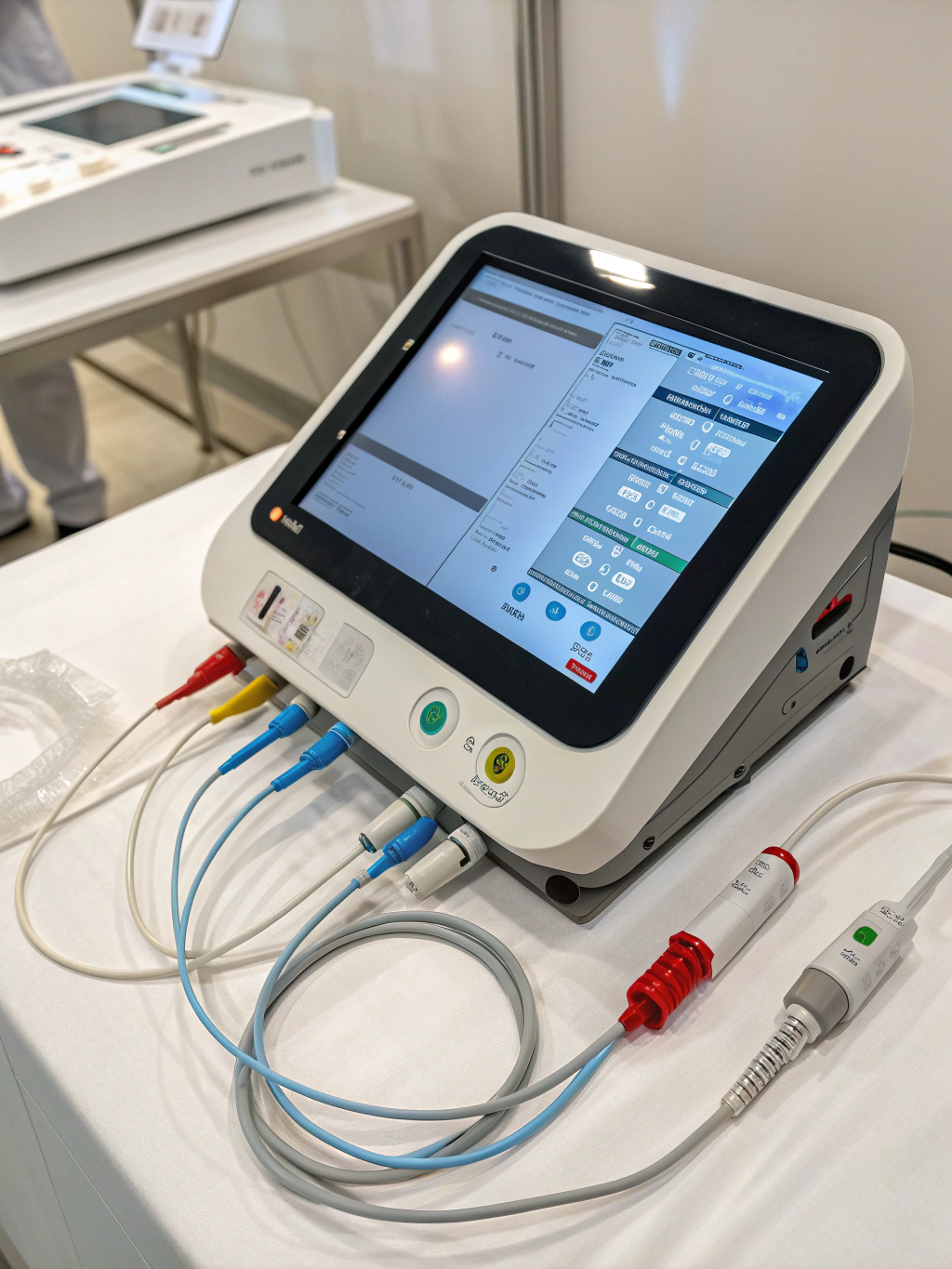
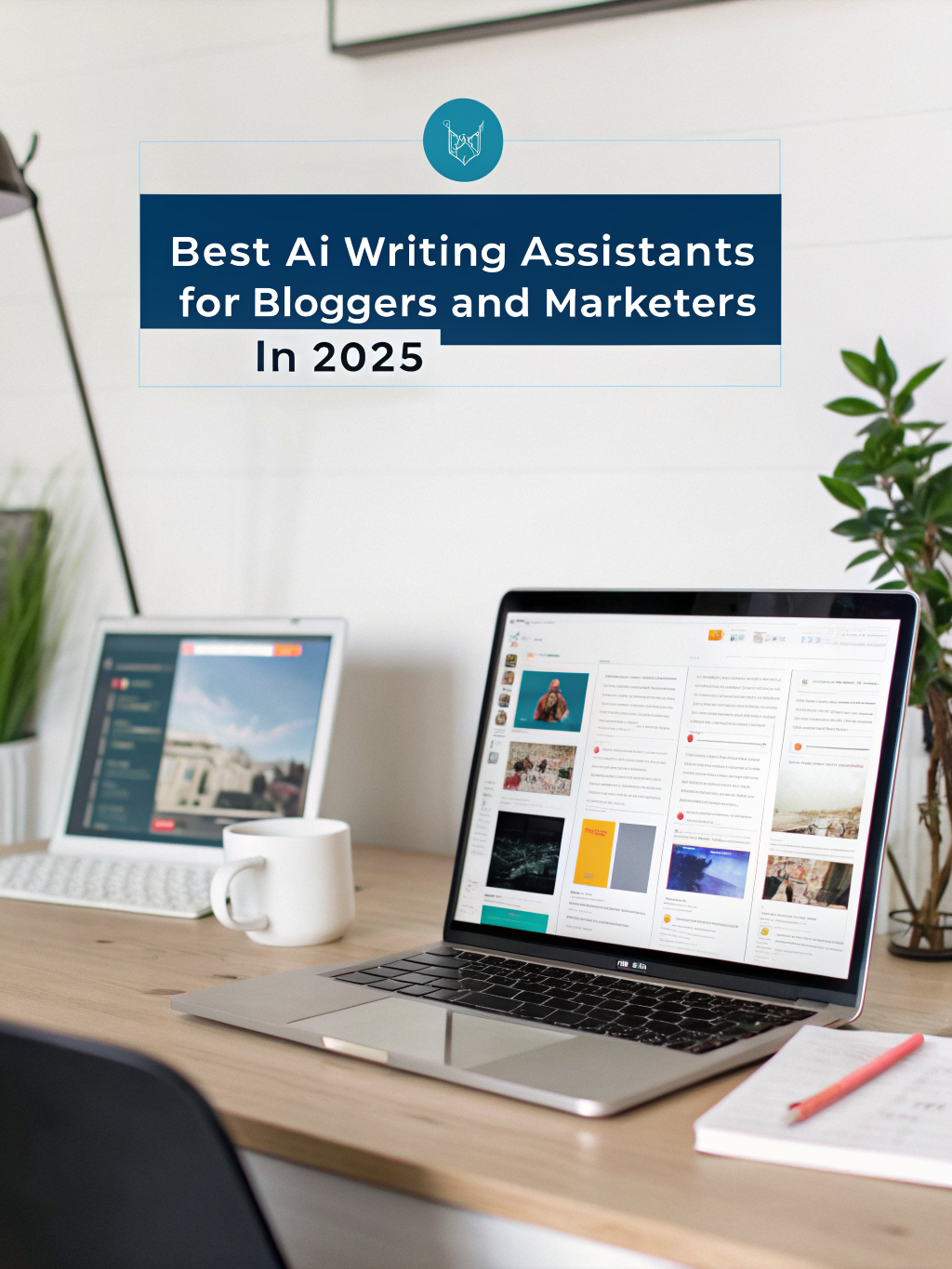
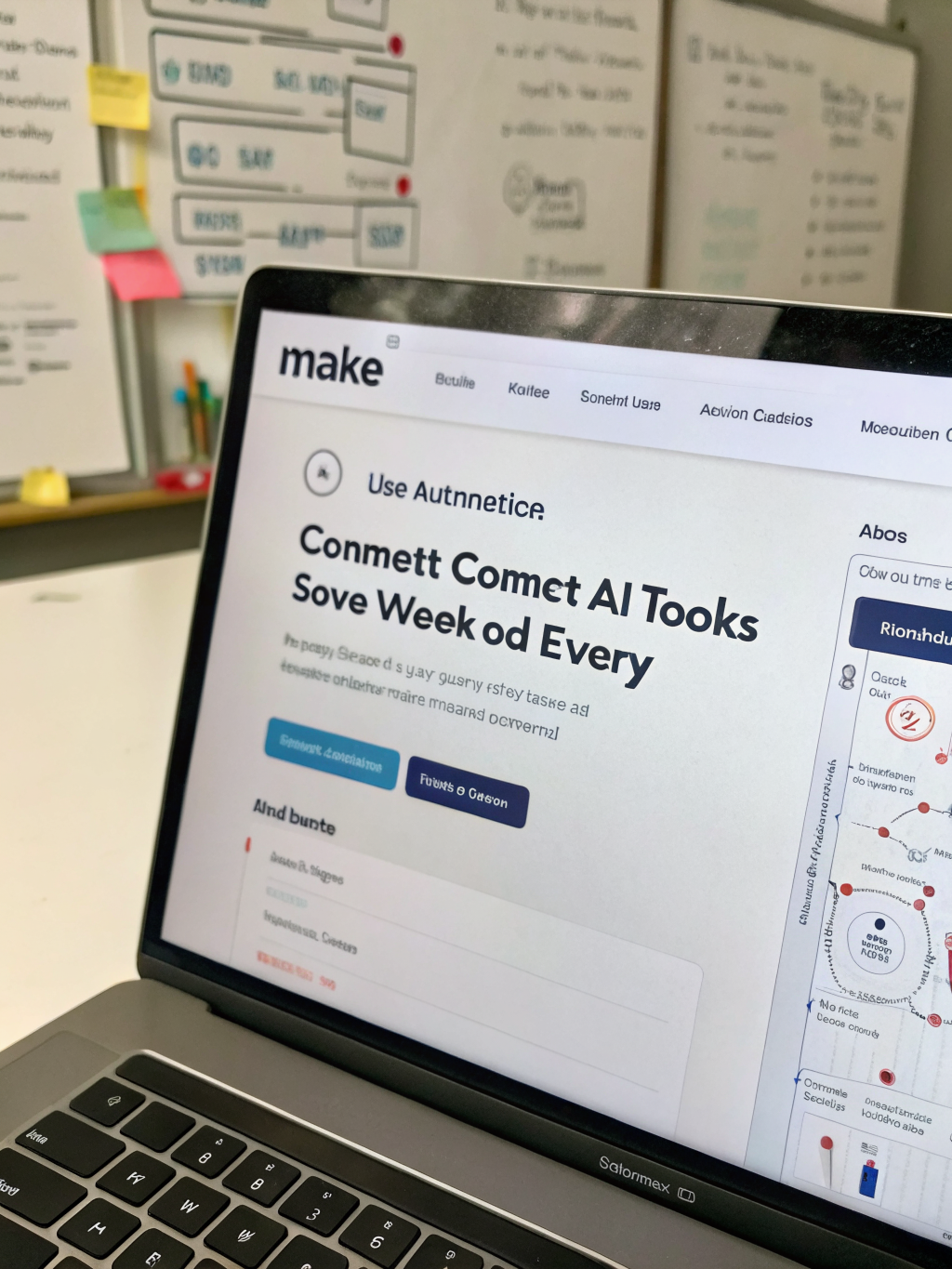
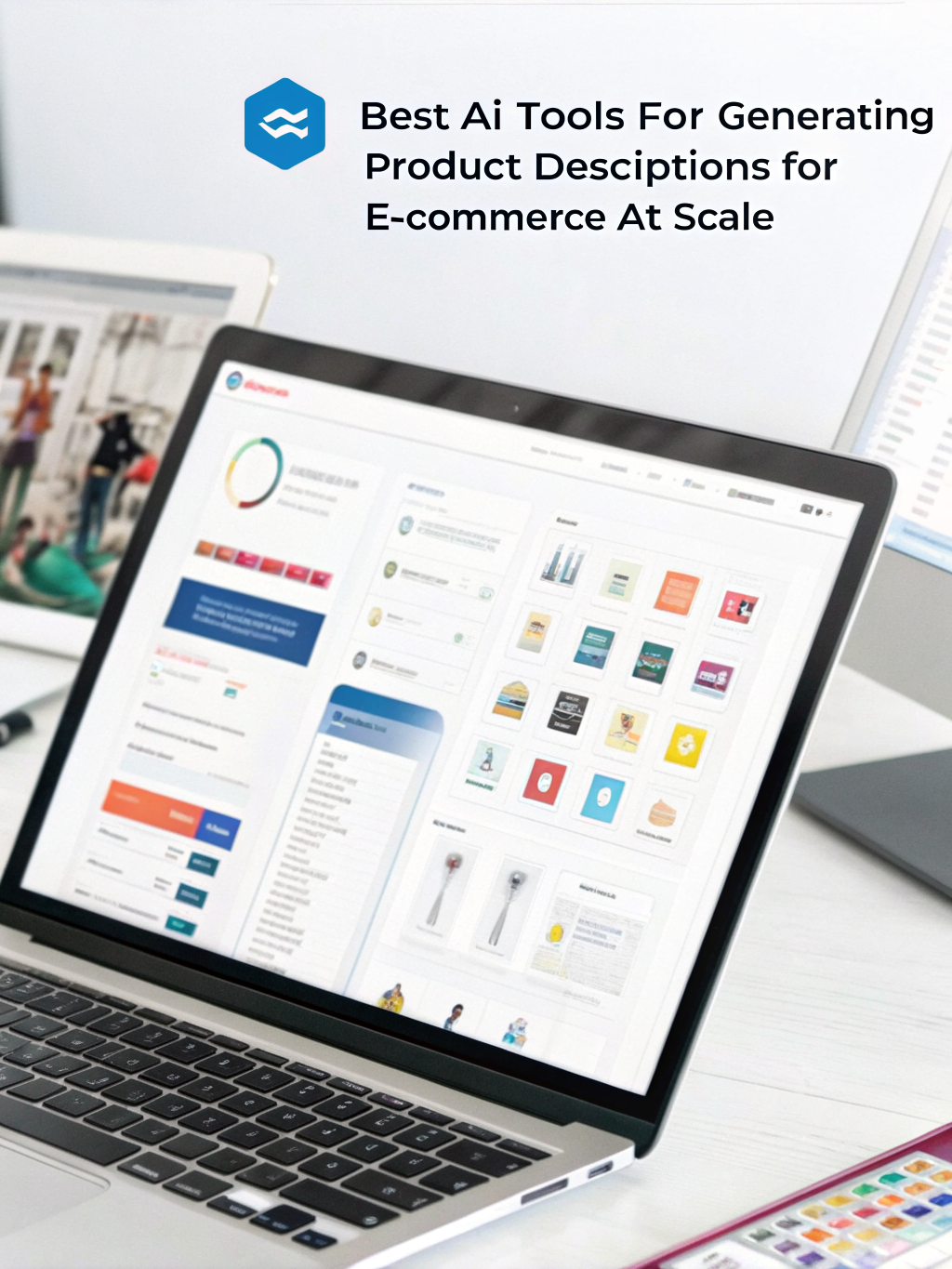
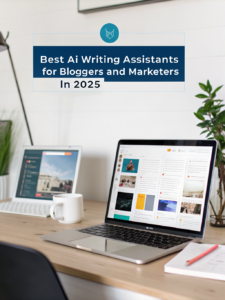
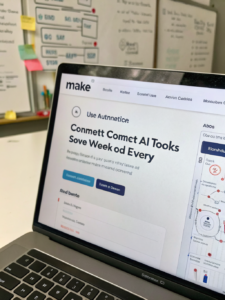
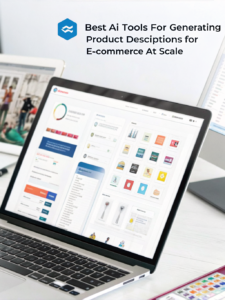
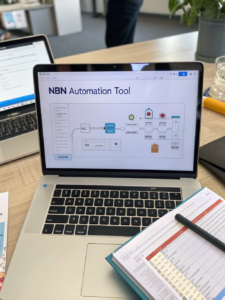
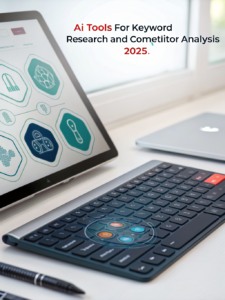
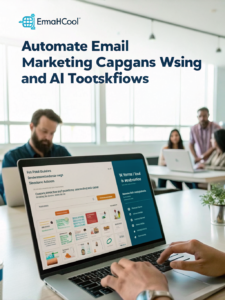
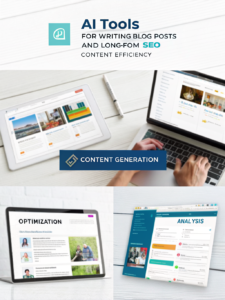

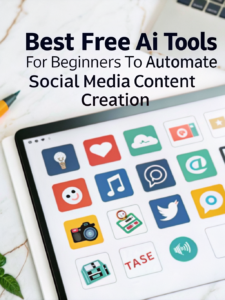
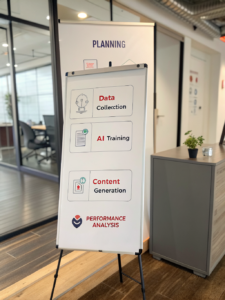
Post Comment